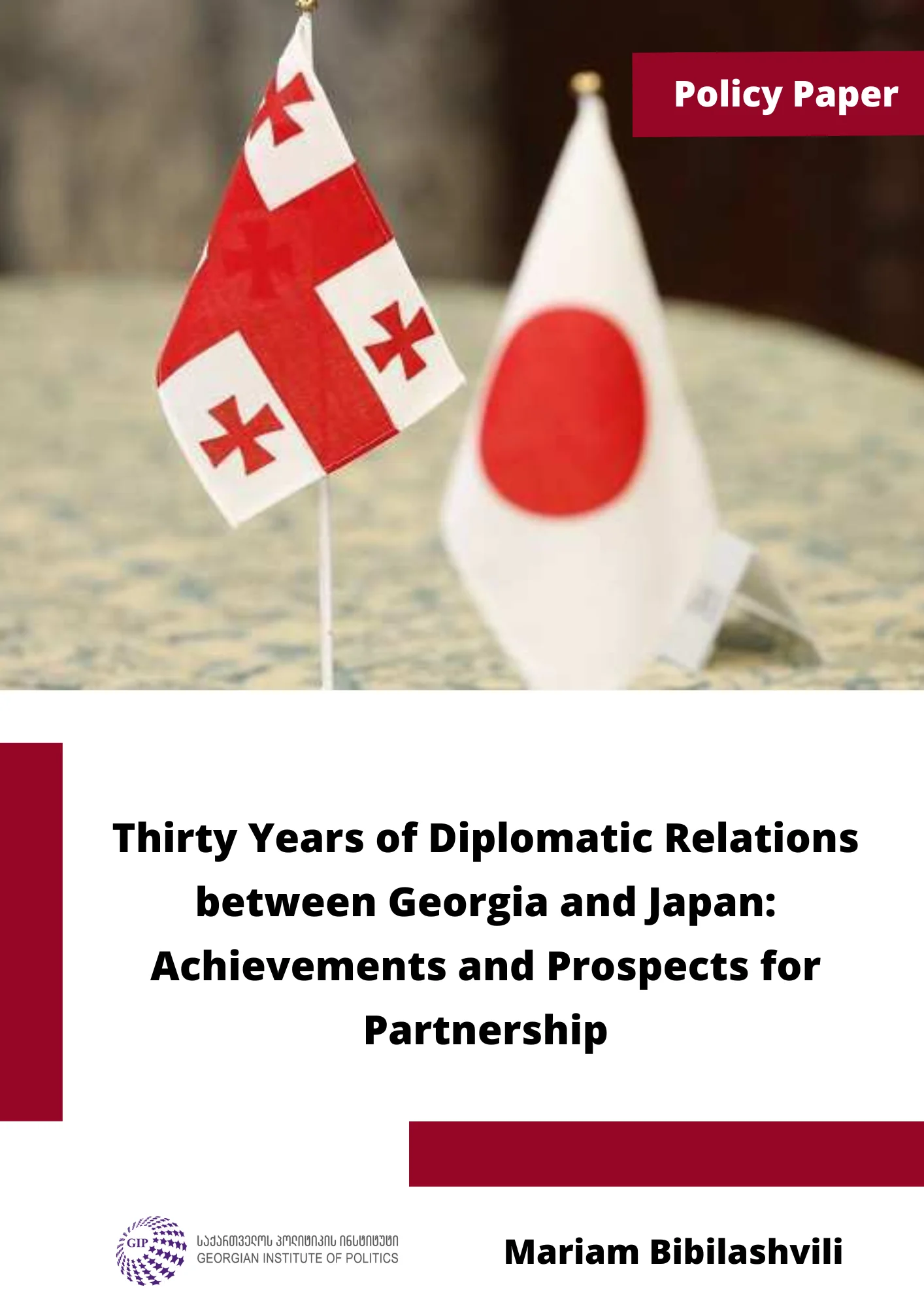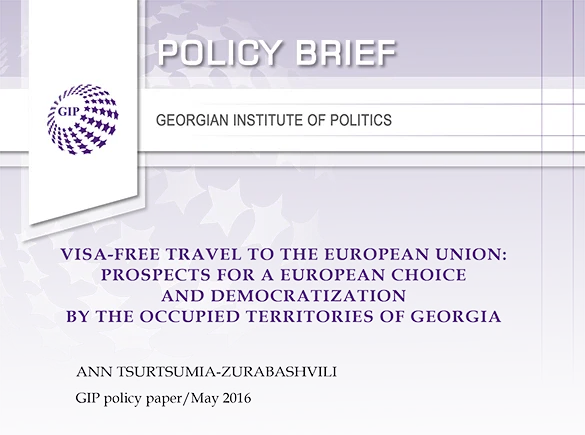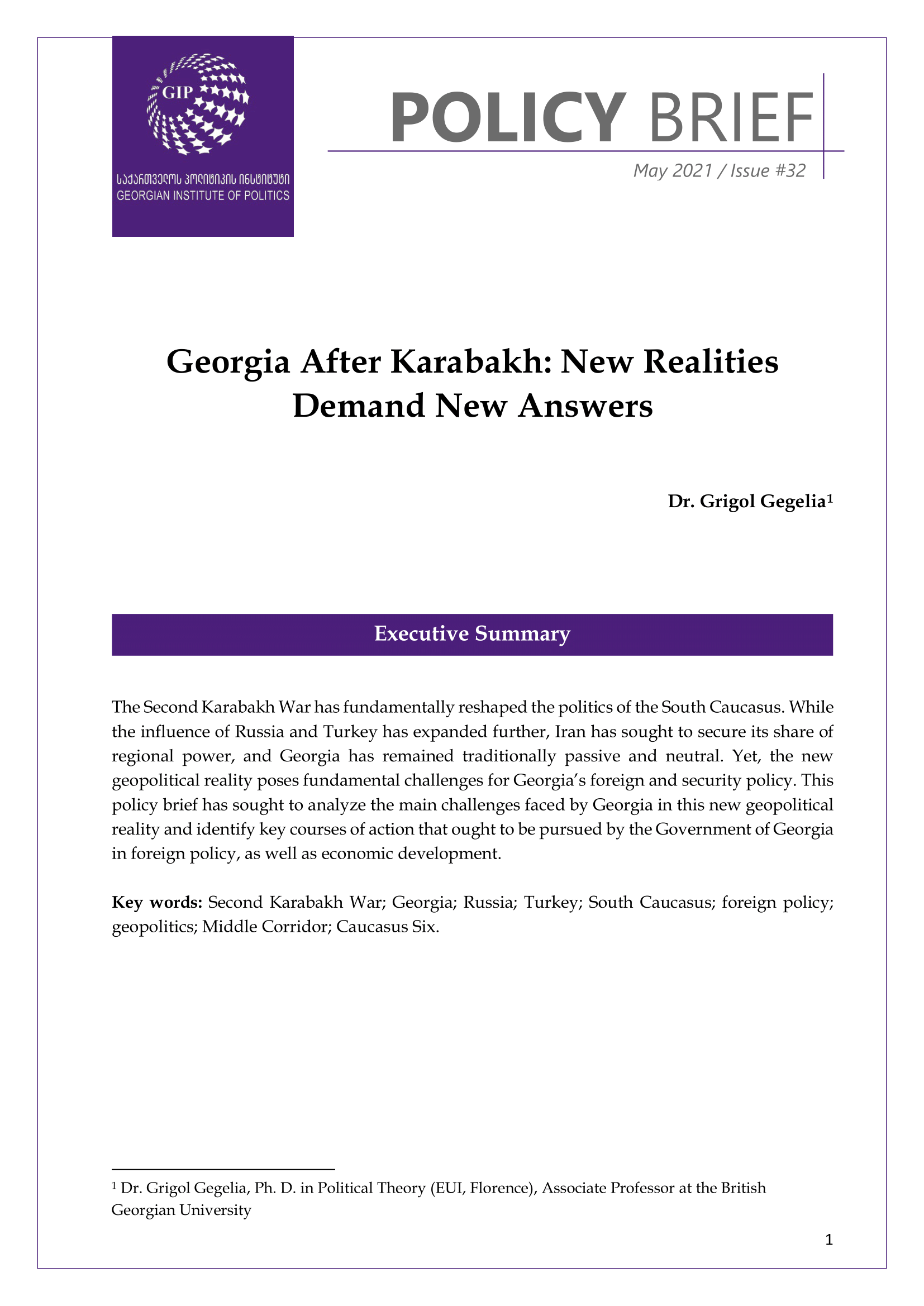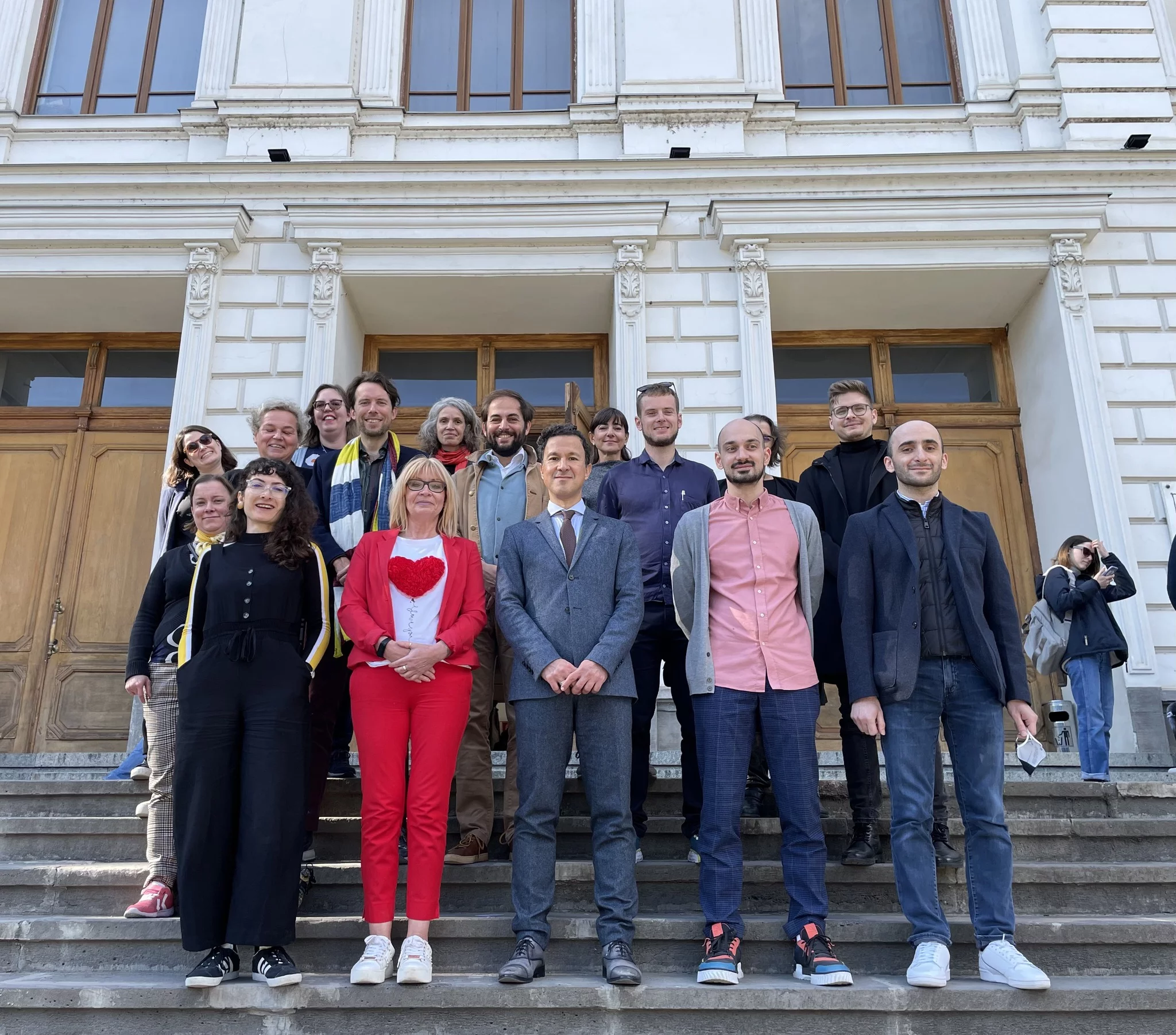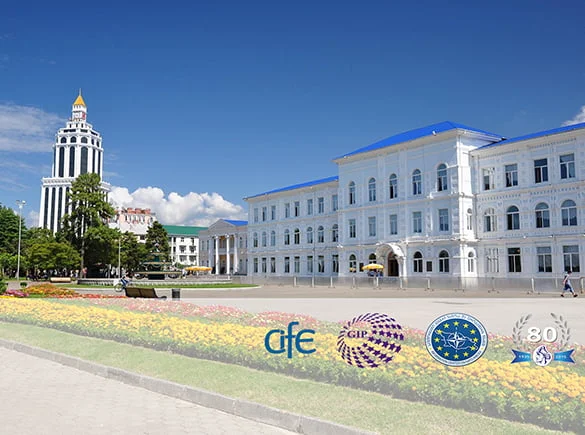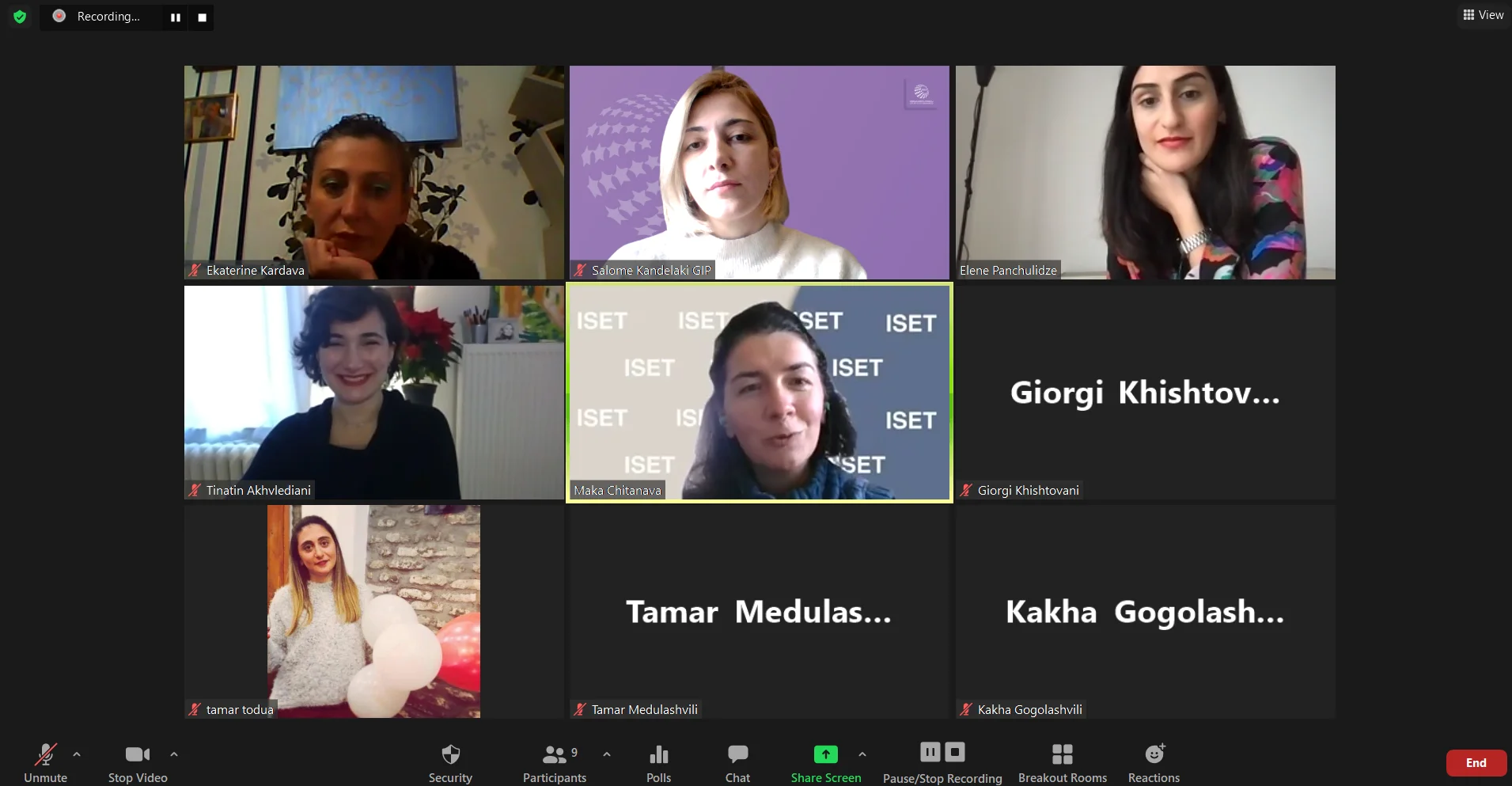On April 15, the Georgian Institute of Politics organized a public discussion titled “Causes and Implications of Media Polarization in Georgia and V4 states.” The event was organized under the framework of the project “Supporting Decrease of Media Polarization in Georgia and V4 States.” At the concluding discussion researchers from Georgia, Slovakia, Poland, Czechia, and Hungary presented the findings of the joint report about media polarization in Georgia and V4 states. The event was held in a hybrid format.
The discussion focused on the emerging polarization that has changed the media landscape and the political power relationships in Georgia and Visegrad countries like Czechia, Poland, Hungary, and Slovakia. Nowadays, not only domestic but also foreign political issues appear as polarizing factors, especially after the Russian invasion of Ukraine. In such a polarized environment, it became particularly challenging for the voters to make an informed decision at the elections.
The discussion centered around the following questions:
- To what extent do the domestic and external factors increase the polarization level according to the perceptions of the media experts and journalists from Georgia and V4 states?
- What is the interrelation between political and media polarization in Georgia and V4 states?
- What are the effective instruments for mitigating media polarization?
- How can media play a positive role in voters’s informed decision-making?
- How can civil society and media effectively counter stigmatization under “foreign agents” laws, as seen in Hungary, Slovakia, and Georgia?
The session was expertly moderated by Renata Skardziute-Kereselidze, deputy director of the Georgian Institute of Politics, who provided insightful introductory remarks. The discussion featured a panel of experts, each with unique perspectives: Dr. Václav Štětka, Reader in Comparative Political Communication, Loughborough University; Salome Kandelaki, Project Manager & Policy Analyst, Georgian Institute of Politics (GIP); Jan Cingel, Founder & President, Strategic Analysis Think Tank; Miloš Gregor, Ph.D. Assistant professor, Department of Political Science, Masaryk University; István Hegedűs, Chairman, Hungarian Europe Society; Erik Uszkiewicz, Lawyer & Vice-Chairperson, Hungarian Europe Society; Katarzyna Chimiak, Analyst & Project Coordinator, the European and Migration Policy Program, Institute of Public Affairs (IPA).
The project is co-financed by the Governments of Czechia, Hungary, Poland, and Slovakia through Visegrad Grants from the International Visegrad Fund. And also by the Ministry of Foreign Affairs of the Republic of Korea. The mission of the fund is to advance ideas for sustainable regional cooperation in Central Europe.



